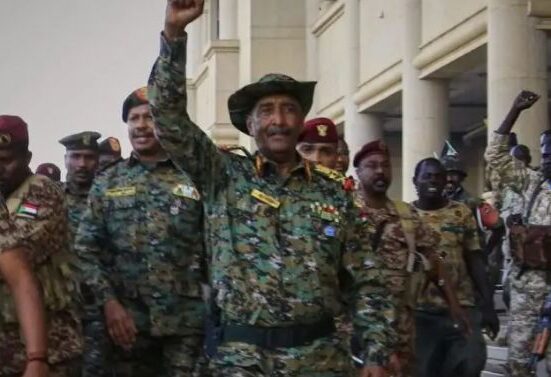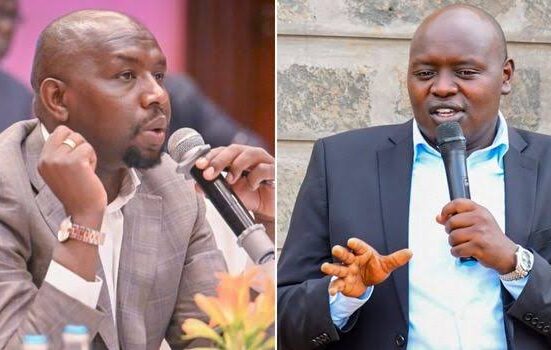President William Ruto campaigned as a champion for the “hustlers,” or ordinary citizens, promising to protect their interests and challenge the established political “dynasties.”
He criticized these elite families, such as the Kenyattas and Odingas, blaming them for Kenya’s problems.
However, after his election, Ruto’s actions have contradicted his campaign promises.
He has sought support from the same political dynasties he once opposed, forming alliances with elite families.
This shift has led to public discontent, with many feeling betrayed by his abandonment of the “hustler” narrative.
Critics argue that Ruto’s collaboration with former adversaries undermines his commitment to the common people.
His administration has also faced allegations of corruption and mismanagement, further tarnishing his reputation.
In response to widespread protests against his policies, Ruto dismissed his government and promised to form a government of national unity.
Despite this, skepticism remains about his ability to address the grievances from Kenyans and respect the people’s will.
Ruto’s initial image as a defender of the underprivileged has been compromised by his political maneuvers and failure to fulfill campaign promises.
His engagement with the dynasties and neglect of the “hustlers” have led to a decline in public trust.












Leave feedback about this